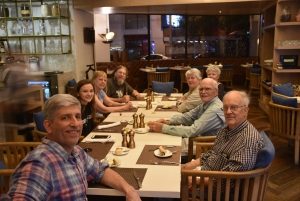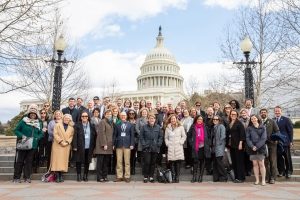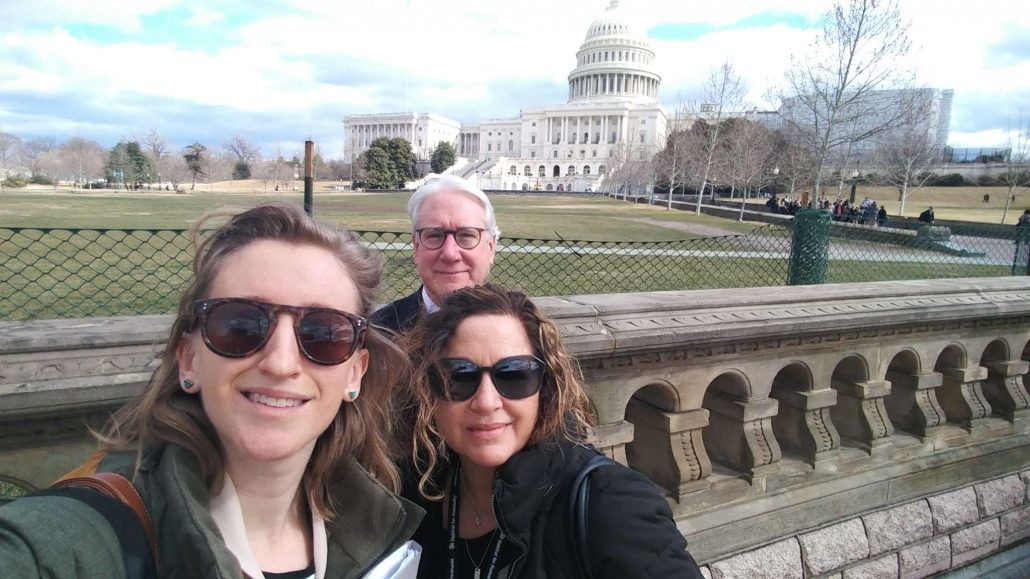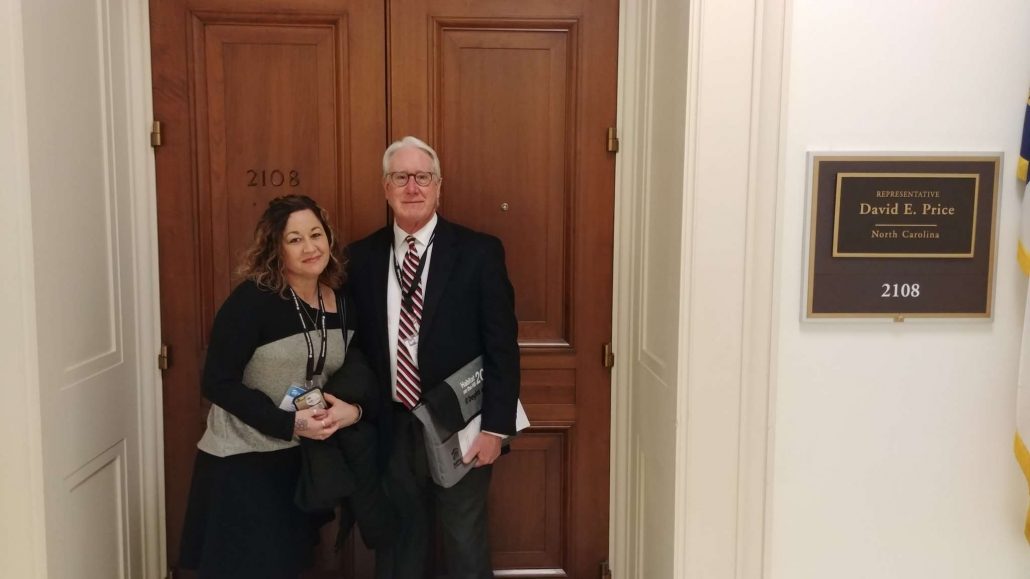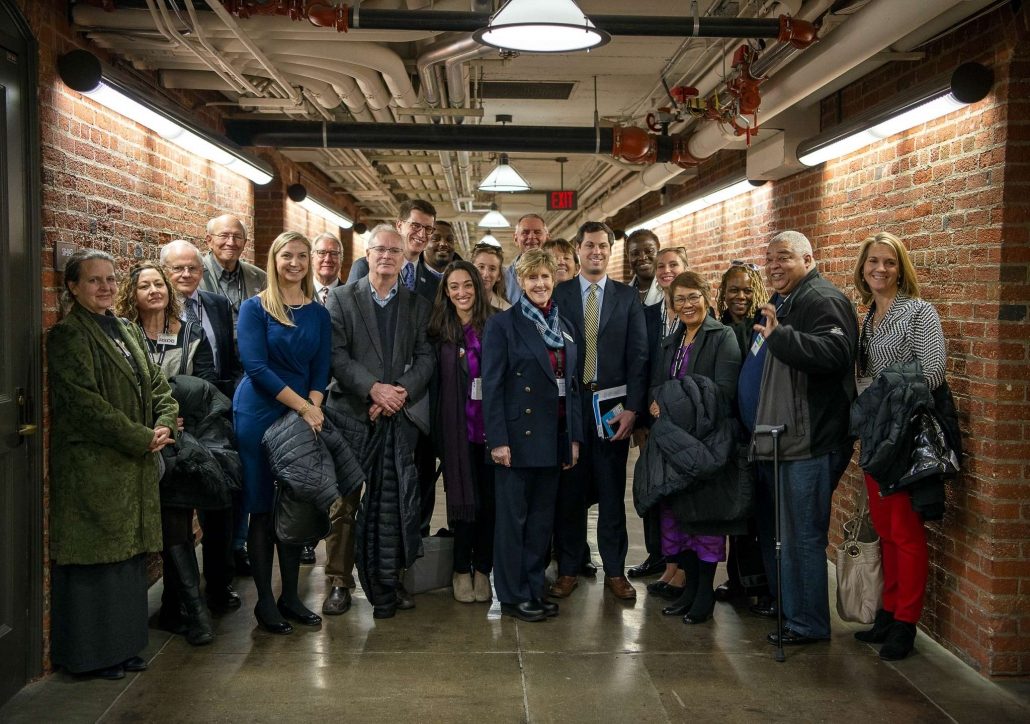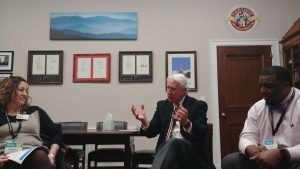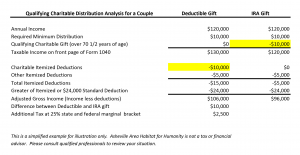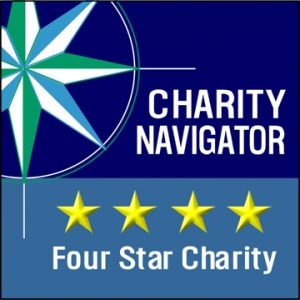Planning for the Future with Brattan Gelder
By Jeff Paul
Owning a home is a BIG deal. And purchasing that home can be a stressful and confusing process. Asheville Area Habitat for Humanity’s Homebuyer Education program seeks to demystify the process and empower families to become successful homeowners. As part of required sweat equity, future homeowners spend close to 50 hours in the classroom learning about home maintenance, predatory lending, real estate closing documents and procedures, community resources and much more. One of the highlights of this program is the opportunity for each family to meet with local estate planning attorney, Brattan Gelder (pictured above).
Brattan has been volunteering with Asheville Habitat since 2011. Several times a year, he meets with the Homebuyer Education class to discuss the basics of estate planning. He carefully reviews the terminology, talks about the importance of having such a plan in place, and fields questions from families. Additionally, Brattan generously offers to each new homeowner (pro-bono) the opportunity to meet one-on-one to establish a personal estate plan. Contrary to popular belief, estate planning is not only for the wealthy. With complicated laws related to passing property and possessions to relatives, everyone can benefit from having an estate plan, especially homeowners.
As Astrid Andre reported in Shelterforce, “Since the least wealthy Americans have a larger share of their wealth tied to their homes and would be most impacted by home losses, enacting measures to mitigate such losses may have greater effect in preserving and maintaining wealth in these communities. Proactive measures like estate planning—placing safeguards during and after the lifetime of an owner, such as creating wills and trusts—can be a helpful tool for the preservation and transfer of real estate assets in some low- to moderate-income and minority communities.”
One new Habitat homeowner commented, “It meant a great deal for Brattan to help me with my estate planning. He has given me a sense of security to know that I have a plan put in place. I am now confident that my loved ones will have less worry with this plan. An estate plan is something not everyone thinks about or has, so I feel very fortunate to have one.”
In 2016, Brattan expanded his engagement with AAHH by joining the Board of Directors and most recently, he joined Habitat’s Homeowner Selection Committee. When asked what motivates him to volunteer with Habitat, he offered the following:
“There are several characteristics of Habitat that distinguish it in my mind from other charitable organizations. My favorite thing about Habitat is that Habitat doesn’t simply give anything to anyone. Future homeowners don’t receive gifts; they earn everything. Habitat identifies worthy partners who make lifelong commitments to themselves, their families, and their communities. Through hard work and cooperation, people from disparate backgrounds bond together to form strong neighborhoods and broader communities. The assistance that Habitat provides enables hard-working, honest people to live and work in a supportive environment, where their talents and skills can flourish. That stability allows Habitat partners to make a beneficial contribution to their communities. Habitat homeowners work diligently to make a better life for their families. In turn, a strong work ethic and determination are imparted to the next generation, who will recognize the value of working hard and giving back. Simply stated, I don’t know of any other organization that makes such a meaningful impact in the long-term well-being of the community. Who wouldn’t want to be a part of that?”
Thank you, Brattan for sharing your time and expertise to help families build – and secure – a better future!

